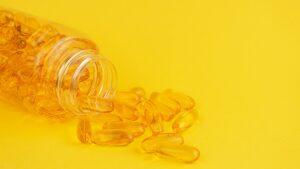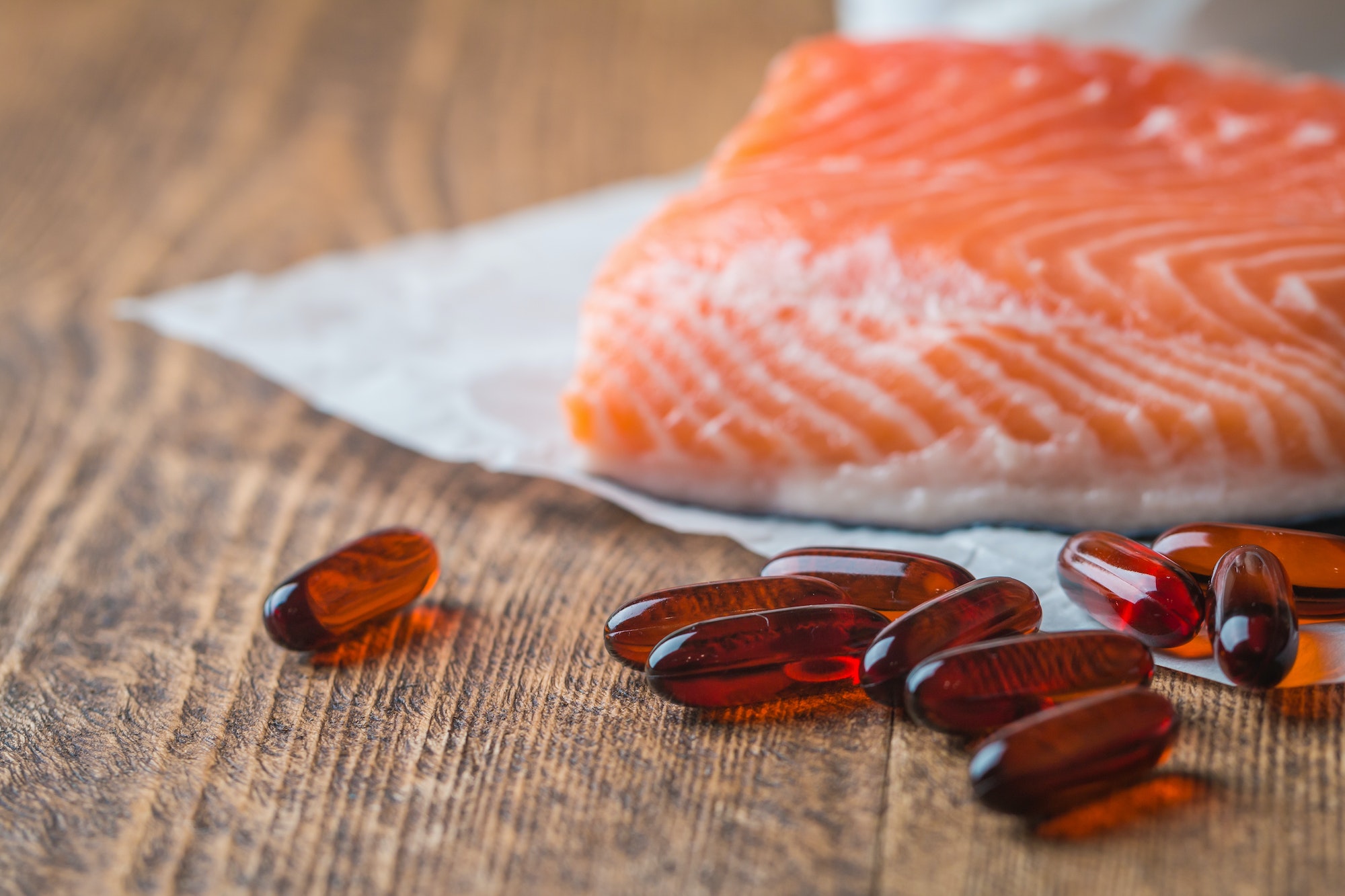Find out what EPA means according to nutritionists
If you’ve ever read the label of a food item, you may have seen an abbreviation that reads “EPA.” It’s often overlooked, but this acronym carries essential nutrition information. EPA stands for eicosapentaenoic acid – an omega-3 fatty acid that plays a vital role in your overall wellness and health.
Knowing what it is, why it matters, and how to get more can help you lead a healthier lifestyle while avoiding potential ailments like cardiovascular disease or cancer. This blog post will investigate the importance of EPA in nutritional science and some simple ways to incorporate more of it into your diet.
Keep reading to learn all about why EPA deserves attention on nutrition labels!
Eicosapentaenoic acid (EPA)
The acronym EPA stands for eicosapentaenoic acid, an Omega-3 fatty acid commonly found in fish oils. It has been studied extensively for its health benefits and is an integral part of a balanced diet. EPA is known to reduce inflammation, improve heart health, support brain development, and function, and help regulate hormones. It also plays a role in helping the body absorb specific vitamins and minerals more efficiently.
Dietary Sources of EPA
 Getting the recommended daily amount of EPA can be done through dietary sources such as fatty fish like salmon or sardines or by taking nutritional supplements. Because our bodies cannot make it, we must get it from external sources to reap its beneficial effects. Studies have shown that a higher intake of EPA may reduce the risk of certain health conditions, including heart disease, stroke, and depression.
Getting the recommended daily amount of EPA can be done through dietary sources such as fatty fish like salmon or sardines or by taking nutritional supplements. Because our bodies cannot make it, we must get it from external sources to reap its beneficial effects. Studies have shown that a higher intake of EPA may reduce the risk of certain health conditions, including heart disease, stroke, and depression.
EPA is an essential part of nutrition that should not be ignored. Getting enough EPA, either through dietary sources or supplementation, is vital to reach optimal levels of health and wellness. Additionally, it is always wise to speak with a doctor or nutritionist before making any changes to your diet. Considering the amount of EPA in our diets, we can help ensure that our bodies have all the nutrients they need for optimal functioning.
Benefits of EPA
Eicosapentaenoic acid (EPA) is a type of omega-3 fatty acid that has numerous health benefits. EPA can be found in cold water fish such as salmon, mackerel, and herring. It is also available as a dietary supplement.
- Studies have shown that EPA may help to reduce inflammation, lower the risk of heart disease and stroke, improve mental health, and reduce symptoms associated with rheumatoid arthritis and other autoimmune disorders.
- In addition, it may help to protect against certain types of cancer, boost immunity, improve cognitive function and memory, support healthy skin and hair growth, and aid in weight loss.
- Furthermore, EPA may help to regulate moods by promoting good serotonin levels in the brain.
For these reasons, EPA is essential to a healthy diet and lifestyle.
How to Take Eicosapentaenoic acid (EPA)
EPA is usually given as a capsule but can also be taken in liquid form. It’s recommended that EPA capsules should be taken with meals containing some fat or oil to help ensure its absorption. When taking liquid versions of EPA, shake the bottle before using it and measure the correct dosage using a dropper or special measuring spoon. The dosage for EPA varies depending on age, weight, and other medical conditions. Your nutritionist can provide specific dosing instructions for your needs.
Most adults must take between 500-2000mg of EPA daily in divided doses. Usually, over two to three doses a day to maintain optimal levels of the supplement in their bodies. People with heart disease or other health conditions may be instructed to take higher doses. It’s important to follow your doctor’s instructions carefully and not exceed the recommended daily intake of EPA, as too much can lead to side effects such as nausea, vomiting, abdominal pain, and diarrhea.
Taking EPA supplements can also interact with certain medications, so it’s important to always consult your doctor before taking any supplement. If you are pregnant or breastfeeding, consult your doctor before taking EPA supplements, as it is not recommended for use in these situations.
EPA Precautions
EPA is generally considered safe for most people when taken as directed. However, there are certain precautions to consider before taking EPA supplements. People who have an allergy or sensitivity to fish should be especially cautious and consult a doctor before using EPA.
Additionally, it’s essential to talk to your healthcare provider if you take any medications that may interact with EPA, including aspirin, anticoagulants (blood thinners), and certain cholesterol-lowering medications. Pregnant women should also avoid EPA supplements as they may increase the risk of bleeding in newborn babies.
Lastly, stop and speak to your doctor if you experience any side effects, such as nausea, vomiting, or diarrhea, while taking EPA. Taking EPA in moderation, following dosage instructions, and consulting a nutritionist is the best way to ensure its safe use.

